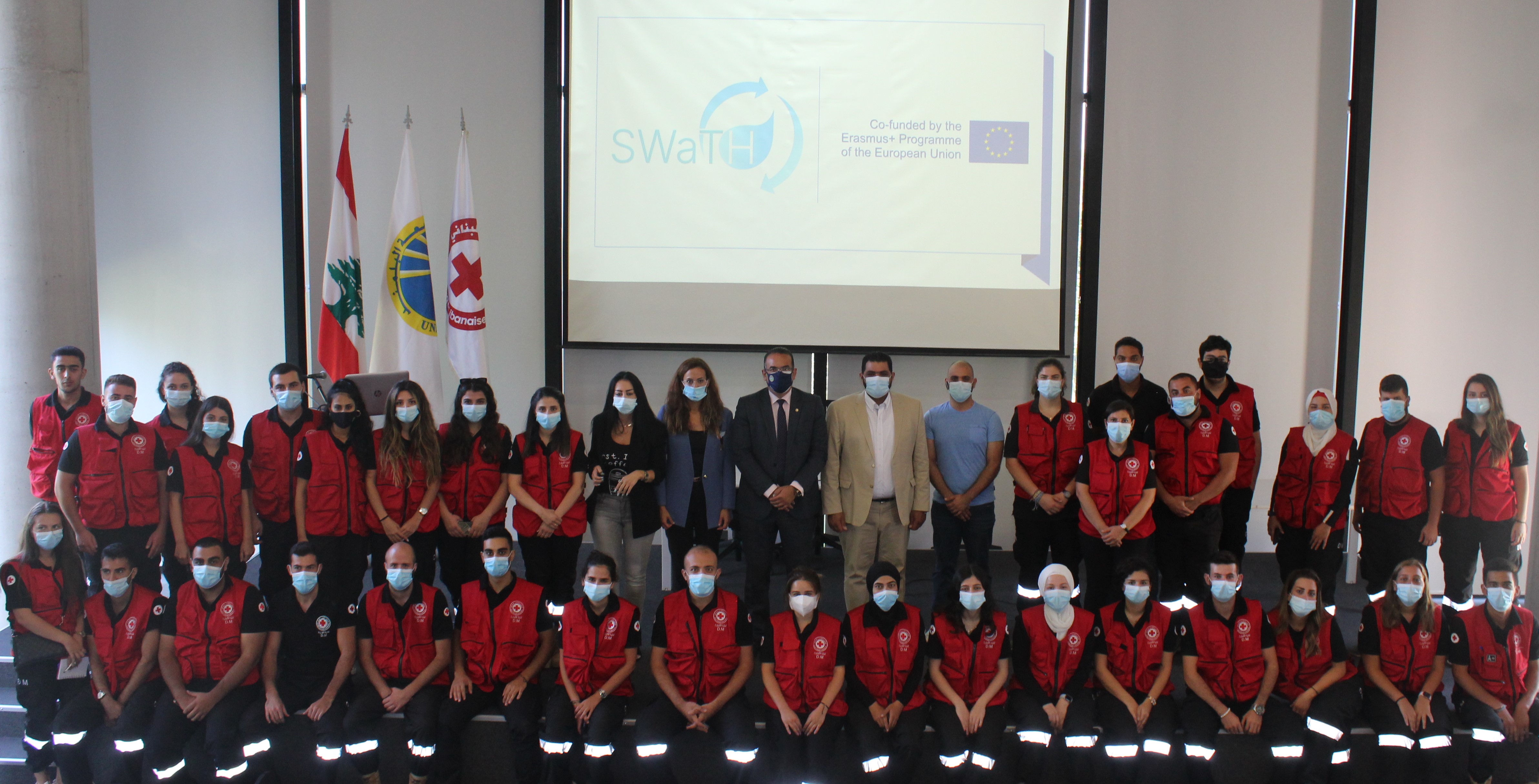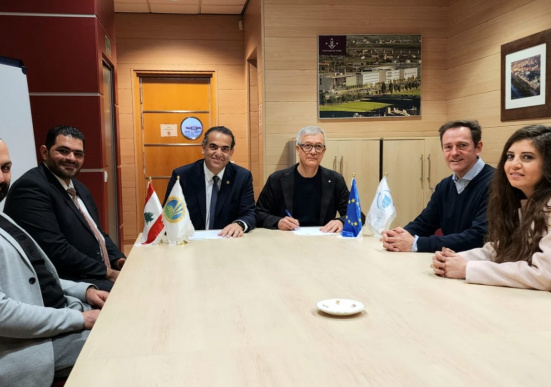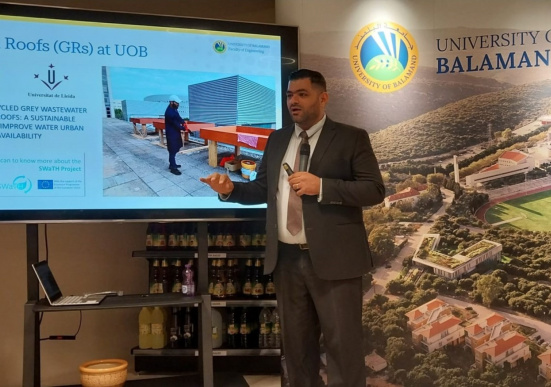SWaTH Project Empowers LRC Volunteers with ArcGIS Training to Collect Data on Lebanese Wastewater Treatment Practices

In August 2021, the SWaTH Project organized a pivotal training session for Lebanese Red Cross (LRC) volunteers in the Disaster Management sector at the University of Balamand. This initiative aimed to equip volunteers with essential skills in using ArcGIS to collect data on hospital wastewater treatment from private and public hospitals across Lebanon, especially in the context of the COVID-19 pandemic.
The training session was graced by several distinguished guests, including Prof. Rami Abboud, the Vice President of Internationalization and Engagement and Dean of the Faculty of Engineering at UOB, Mrs. Ismat Abi Khalil from the Lebanese American University, and Dr. Amal Iaaly, Director of the GIS Center at the University of Balamand. Each guest brought their unique expertise to the session, significantly enriching the learning experience for the volunteers.
Prof. Rami Abboud emphasized the project's broader impact and the importance of interdisciplinary collaboration. He highlighted how the integration of engineering, science, and technology can address complex challenges like those posed by the pandemic.
Mrs. Ismat Abi Khalil provided an in-depth explanation of the survey's scientific aspects. She detailed the importance of monitoring hospital wastewater, especially during the COVID-19 era, to track potential contaminants and ensure public health safety. Her insights helped volunteers understand the critical role of accurate data collection in managing and mitigating health risks.
Dr. Amal Iaaly focused on the technical side of the training. She guided the volunteers through the functionalities of ArcGIS, demonstrating how to use the software for mapping and analyzing data effectively. Dr. Iaaly’s session included hands-on exercises, allowing volunteers to practice data entry, spatial analysis, and visualization techniques. This practical approach ensured that the volunteers could confidently apply their new skills in real-world scenarios.
In his intervention, Dr. Makram El Bachawati, the SWaTH coordinator and assistant professor in the Department of Chemical Engineering at the University of Balamand, discussed the additional challenges imposed by the COVID-19 lockdown. He depicted the obstacles introduced by the pandemic, such as restricted access to hospitals and the potential for increased contamination risks. He stressed the importance of collecting accurate and reliable data despite the constraints.
This training session is a crucial step in enhancing the capabilities of the Lebanese Red Cross volunteers, enabling them to contribute effectively to public health initiatives during a critical time. The combination of scientific knowledge, technical skills, and practical strategies provided a solid foundation for the volunteers to support Lebanon’s efforts in managing hospital wastewater treatment amid the ongoing pandemic.


